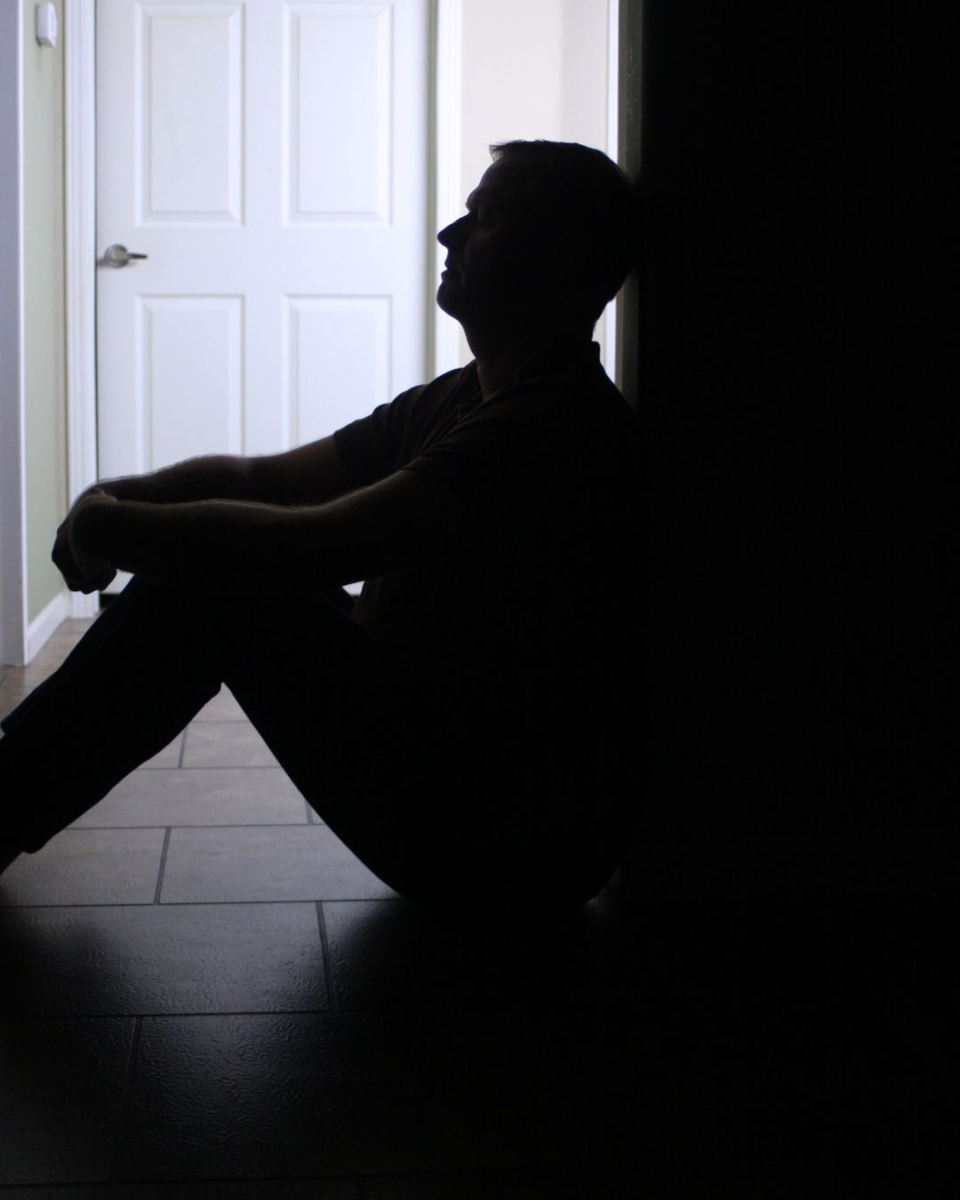Living Costs, Benefits and Housing
Q&A with Ciará Scollay, Head of Floating Support and Outreach Services at MACS

Ciará Scollay shares her insights on how rising living costs and benefit rules are affecting young people, and what needs to change to prevent homelessness.
At MACS, our Floating and Outreach teams support young people who are at risk of losing their homes or struggling to live independently. We spoke with Ciará Scollay, Head of Floating Support and Outreach Services, about the realities young people face when it comes to living costs, benefits and housing, and what changes could make the biggest difference.
Q: How has the rising cost of living affected the young people you support?
The rising cost of living has had a profound impact on the young people we work with. Most are on very limited incomes, so increases in rent, food, transport and utility bills have intensified housing insecurity. We are seeing more young people falling into arrears, at risk of eviction, or moving into precarious and unsafe living situations. This financial stress not only places their housing at risk but also worsens mental health difficulties and family tensions, which can quickly escalate into a full-blown crisis. It also makes it harder for young people to focus on education, training or employment. Our role in Floating and Outreach is to provide flexible and personalised support, helping them manage these pressures both practically and emotionally, access emergency or longer-term housing, and build resilience to navigate the ongoing challenges of the cost-of-living crisis.
Q: What impact do benefit rules have on their ability to move on to independent housing?
Benefit rules in Northern Ireland create very real barriers for young people trying to move into independent housing. Universal Credit is often their only source of income, yet it rarely covers the true cost of rent and basic living expenses, particularly in the current climate. The six-week wait for initial payments, confusing eligibility criteria, and the risk of sanctions all create hardship at exactly the point when stability is most needed. For young people leaving care, custody or unsafe homes, trying to navigate this system without support can be overwhelming and increases their risk of homelessness. Some rules also fail to take into account the unique circumstances young people face, such as shared housing arrangements or the need for upfront deposits, which makes it harder to secure and sustain a tenancy. At MACS we work closely with young people to help them understand and manage the benefits system, to advocate on their behalf, and to connect them with specialist welfare advice. But systemic change is essential. Benefits must be made more accessible and responsive if we are to improve young people’s housing outcomes in a meaningful way.
Q: Are there examples of young people being penalised financially when they try to work or study?
Unfortunately, yes. Under Universal Credit, young people, particularly those aged 16 or 17, can face sanctions if they fail to meet work-related requirements such as attending interviews or participating in training programmes. We also see young people leaving prison facing significant challenges in accessing benefits and support. On release, they must reapply for Universal Credit, but there can be delays of up to six weeks before payments begin, leaving them without any income at an incredibly vulnerable time. These delays hinder their ability to reintegrate, to pursue education or employment, and to achieve financial independence. In effect, young people who are making genuine efforts to turn their lives around are penalised by a system that does not flex to their reality.
Q: What do you see as the biggest barriers to financial stability?
Young people supported by MACS face multiple barriers to financial stability. Higher unemployment and lower wages compared to older age groups, coupled with a shortage of affordable housing, make it extremely difficult to build secure and independent lives. Many young people have also had limited access to financial education, leaving them without the skills or confidence to manage money effectively. When you add in the impact of benefit delays or sanctions, the risk of financial hardship is immediate and severe. These combined challenges mean that even young people who are determined and motivated often struggle to create the stable foundation they need to thrive.
Q: What changes would make the biggest difference to prevent homelessness linked to poverty and benefits issues?
Imagine a future where benefits arrive instantly, with no waiting and no gaps, just steady support that flows seamlessly as young people step into independence. What if housing was not just a roof over their heads but a springboard, with affordable homes paired with a floating support worker who can help with budgeting, life skills, and navigating work or study? Picture a benefits system that feels less like a maze and more like a friendly guide, adapting flexibly to each young person’s journey without harsh penalties. What if we had community hubs buzzing with mentors, peer support, and creative workshops that build confidence and resilience before crisis hits? By weaving together rapid access to cash, tailored support, and safe, affordable homes, we could transform the story from survival to thriving, and end homelessness before it even begins.